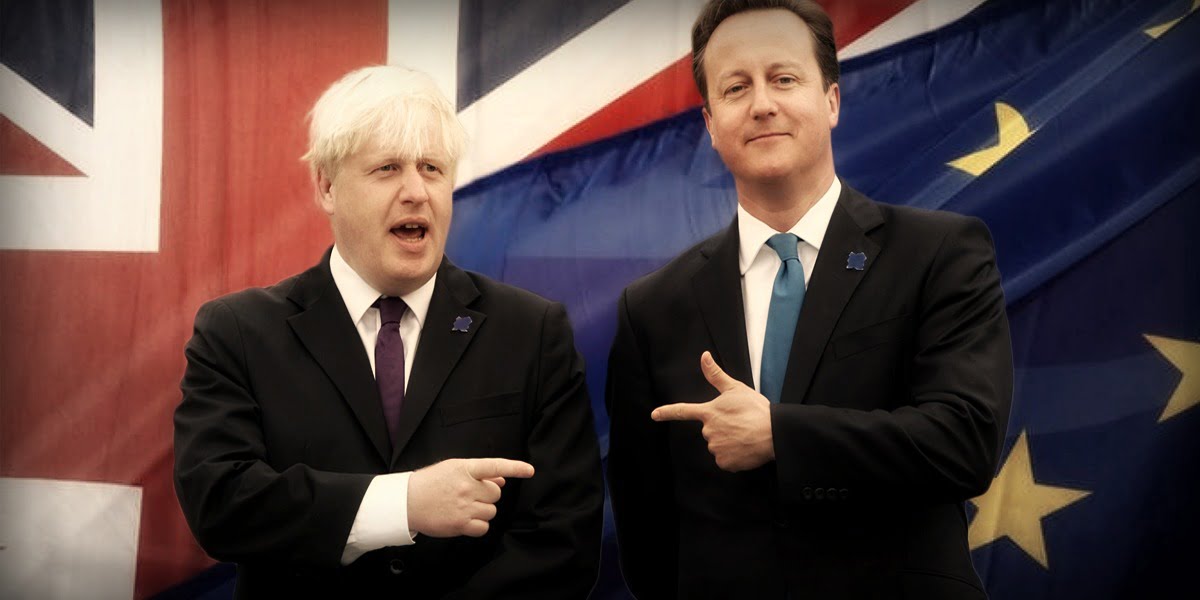The upcoming referendum on the European Union has generated much debate amongst the British Left. Over the decades of evolution of the EU institutions, the majority opinion among left-wingers has shifted from opposition to support. We must clarify our understanding of the EU and the related issues ahead of this referendum to provide a clear perspective.
The upcoming referendum on the European Union has generated much debate amongst the British Left. Over the decades of evolution of the EU institutions, the majority opinion among left-wingers has shifted from opposition to support. We must clarify our understanding of the EU and the related issues ahead of this referendum to provide a clear perspective.
When Britain voted to remain a member of the European Economic Community in 1975, the trade union movement and Labour Left campaigned against membership. They argued, correctly, that the EEC was a “bosses club” that would benefit European big business and banking interests at the expense of European workers. This appeared very plainly to the British Left, as the EEC was essentially a free-trade area established to integrate the European economy into a single bloc that could rival the United States and the Soviet Union. In the game of inter-imperialist competition, the workers always lose.
European institutions have developed further since the days of the EEC. The European Union was established in 1993 with the goal of greater political and economic integration. Thus began the era of “ever closer union” that the Tory right are allergic to.
The lessons of Greece
The British Left, meanwhile, has shifted more towards support of the EU, on the grounds of the ‘progressive’ elements contained within the EU, such as the European Convention on Human Rights and the free movement of labour.
Whilst certain rights are contained within the EU’s laws, fundamentally the EU has not changed since its early days. It is still a bosses’ club, made up of a set of bourgeois institutions. The interests of workers and bosses are as sharply opposed in the EU as ever before. Since the beginning of the capitalist crisis in 2008 the institutions at the heart of the EU – the European Commission and the European Central Bank – have shown their true colours by imposing capitalist austerity across Europe.
The mounting economic and social crisis culminated in the confrontation in Greece between the SYRIZA government and the Troika. In spite of the total rejection of austerity by the Greek people, the pressure of the EU and international capitalist organisations proved too much for the SYRIZA leaders. If anti-austerity movements are brought to power in other European countries and fail to break with capitalism, then these events are bound to repeat themselves.
The experience of SYRIZA was a wakeup call to many on the European Left. Owen Jones wrote at the time that there now needed to be a left-wing case for Britain leaving the EU. These events have opened up a discussion in which it is no longer assumed that the Left should support the EU. So, as Marxists, what are we to make of this debate?

The myth of social Europe
The question posed by the ballot will be a simple “In or Out”. But, as with most instances within bourgeois democracy, this can’t be answered so straightforwardly. What the ballot really asks is this: would we prefer to be in a capitalist Britain inside the capitalist EU; or a capitalist Britain outside the capitalist EU? Putting the question in these terms makes it very clear that there is no preferable option from the standpoint of Marxism and the interests of the working class.
There are only minor arguments to be made in favour of leaving or remaining in the EU from a left-wing standpoint. Upon scrutiny they prove to be quite insubstantial, however.
The few aspects of a “social Europe” that already exist are being rolled back. Internal and external borders are being thrown up in the EU as a response to the migrant crisis. David Cameron’s negotiations for concessions and “reform” attempted to end access to social security for migrants and give the European Court of Human Rights less authority over his abusive government. Austerity is on the agenda for all European governments, and the EU is playing a prominent role in these attacks. Rights for workers, immigrants and the unemployed will all be on the chopping block soon enough. To speak of a more “democratic” or “social” Europe in the current economic and political climate is pure utopianism. A social, democratic Europe can only be achieved by building a socialist alternative to the EU.
Reaction on both sides
On the side of leaving the EU, the principal argument put forward is that EU law makes it impossible for any government to implement socialist policies. This is merely an alteration of the Right’s argument that the EU strips Britain of its ‘sovereignty’. British ‘sovereignty’ however is just the ability of the British capitalists to run their affairs without outside influence. The working class has no interest in that. A capitalist Britain out of the EU does not make the revolutionary struggle any easier or any less necessary – and the pontificating of cloaked EU judges will be the least of our concerns! A revolutionary workers’ government would break with capitalism, which necessarily means breaking with the EU and making an internationalist call for workers across Europe to build a socialist alternative to the European Union.
Above all else, we are fighting for the socialist transformation of society by the working class. The EU is just as much of a corrupt, big-business-run institution as our very own government of the rich. Socialism will not come from internal reforms. Neither will it be any closer with Britain’s withdrawal from the EU. Breaking with the EU is not our goal – we want a break with capitalism.
No class division has occurred over the EU referendum yet. The Left and the wider labour movement are split over the question of the EU referendum, which is presented to the working class as a fight between two wings of the Tories. The Tory Party is coming apart at the seams over the EU; and while Labour appears more united, this is not because of any swell of support from the working class for an ‘In’ vote. The task of Marxists in this environment is not to come out in favour for either reactionary camp. We must clearly, patiently explain our analysis of the EU and the need for a socialist revolution.
At the Marxist Student Federation, we have always maintained that the only way for humanity to progress beyond the crisis-ridden world of capitalism is to fight for socialism. Now, as ever, we take that stand.
- No to the bosses’ EU!
- No to an independent capitalist Britain!
- For the Socialist United States of Europe!






